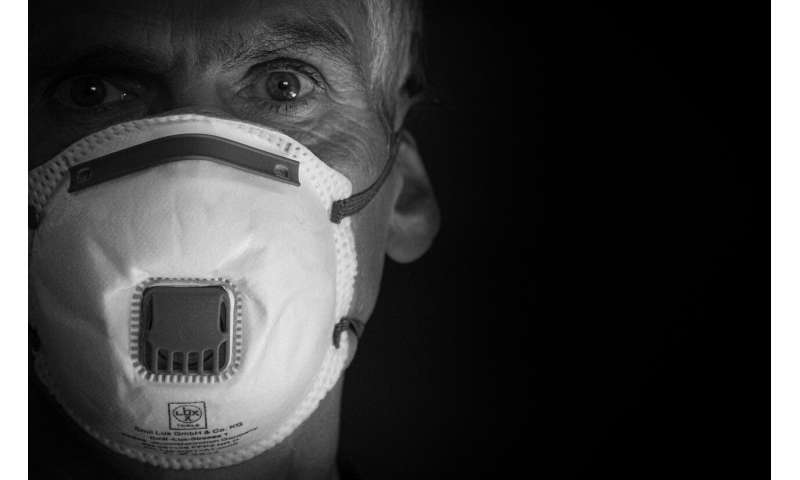
The WHO said Thursday it was setting up a committee to consider changing the rules on declaring an international health emergency, following criticism of its COVID-19 pandemic response.
The World Health Organization declared a public health emergency of international concern (PHEIC) over the new coronavirus on January 30—at which time the respiratory disease had infected fewer than 100 people outside China, and claimed no lives beyond its borders.
But under the current International Health Regulations (IHR) governing preparedness and response for health emergencies, there are no lower, intermediate levels of alarm beneath a full PHEIC, either on a global or regional scale.
The WHO has faced accusations—notably from Washington—of mishandling the pandemic, and waiting too long to sound the alarm.
WHO experts had met on January 22 and 23, but at that point did not conclude that the outbreak merited the high state of alert of a full PHEIC.
WHO director-general Tedros Adhanom Ghebreyesus told a virtual press conference on Thursday that the COVID-19 pandemic had been an “acid test” for countries as well as for the IHR.
Now the WHO will set up a review committee into the global regulations to see whether any changes should be made, Tedros said.
He added that even before the coronavirus pandemic, emergencies such as the Ebola outbreak in the eastern Democratic Republic of the Congo had exposed flaws in the IHR.
Such emergencies showed that “some elements of the IHR may need review—including the binary nature of the (alert) mechanism,” Tedros said.
Several countries have also called for a more nuanced system, for example with three levels of alert, or regional alarms.
The committee will be comprised of independent experts.
Tedros hopes the committee will present a progress report to the World Health Assembly—the WHO’s decision-making body, made up of member states—in November, and a full report to the assembly in May.
“WHO is committed to ending the pandemic, and to working with all countries to learn from it, and to ensure that together we build the healthier, safer, fairer world that we want,” he said.
The committee is separate from the Independent Panel for Pandemic Preparedness and Response, set up to evaluate the global response to the COVID-19 pandemic.
Source: Read Full Article